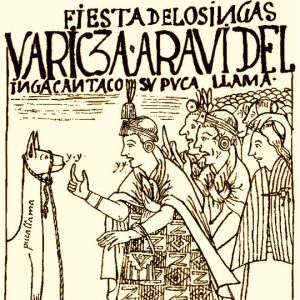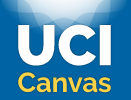
This quarter, we examine how the way we think affects the way we see. In the context of colonization and imperialism, this had major effects on the lives of non-human animals and people subjugated and deemed “inhuman” in public discourse. What can the use of animals for companionship, entertainment, sport, transportation, medicine, food, and as a source of biomass energy teach us about the dynamics of empire? Are practices like the confinement, exhibition, and consumption of animals related to the dehumanization and objectification of marginalized peoples?
Animals, People, and Power
What is an animal? How much of what we know about the natural world actually comes from reality, and how much is a projection of human concerns onto other living things? When we represent animals in art, literature, or scientific discourse, what kinds of boundaries between “humanity” and “animality” are drawn? Why are those boundaries so often transgressed or transformed? What kind of cultural or political work is performed when we compare animals to people, or people to animals?
Writing
Prompts
Research
Help
Writing
Center
UCI
Support
REQUIRED MATERIAL W2022
Beauchamp, Tamara, ed. Humanities Core Handbook: Animals, People, and Power 2021–2022. XanEdu, 2021. ISBN: 9781711494609 [Available only through UCI’s bookstore, for use in all three quarters of the course]
LECTURE OVERVIEW
 Prof. Rachel O’Toole (Dept. of History) will lecture on the early seventeenth-century Huarochirí Manuscript and scholarly debates in Andean colonial historiography, including images of resistance.
Prof. Rachel O’Toole (Dept. of History) will lecture on the early seventeenth-century Huarochirí Manuscript and scholarly debates in Andean colonial historiography, including images of resistance.
Weeks 1-4
 Prof. Eyal Amiran (Dept. of Comparative Literature) will lecture on Winnie the Pooh, nonsense limericks and Deleuze, Surrealist art, and Krazy Kat comics.
Prof. Eyal Amiran (Dept. of Comparative Literature) will lecture on Winnie the Pooh, nonsense limericks and Deleuze, Surrealist art, and Krazy Kat comics.
Weeks 4-7
 Prof. Adria Imada (Dept. of History) will lecture on human zoos and “freak” shows in U.S. history, The Twilight Saga and other representations of indigenous people, and animal kinship of incarcerated people.
Prof. Adria Imada (Dept. of History) will lecture on human zoos and “freak” shows in U.S. history, The Twilight Saga and other representations of indigenous people, and animal kinship of incarcerated people.
Weeks 8-10
WRITING OVERVIEW
In seminars, students will continue to develop their online presence and will learn how to write about visual primary sources and scholarly secondary sources drawn from the discipline of history.
MORE INFORMATION
Students in Humanities Core enroll in a lecture and in a corresponding writing seminar.
 Enrolled students will find details about the lectures and special events on the UCI Canvas site for lectures, and each writing seminar will have a UCI Canvas site with a seminar syllabus.
Enrolled students will find details about the lectures and special events on the UCI Canvas site for lectures, and each writing seminar will have a UCI Canvas site with a seminar syllabus.
Your (one) final exam will be administered by your seminar instructor during Exam Week.
Image: Illustration from Felipe Guaman Poma de Ayala, New Chronicle and Good Government, manuscript, 1615.
